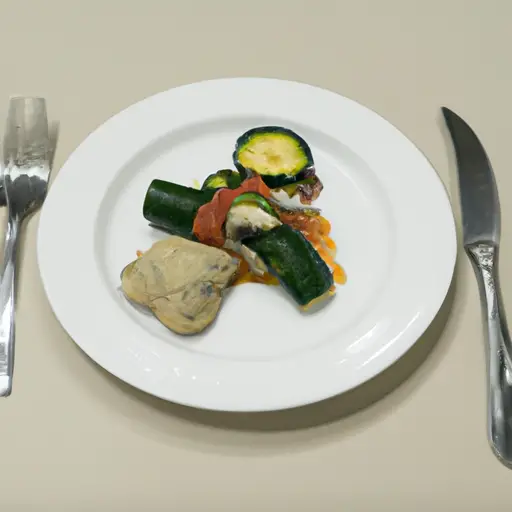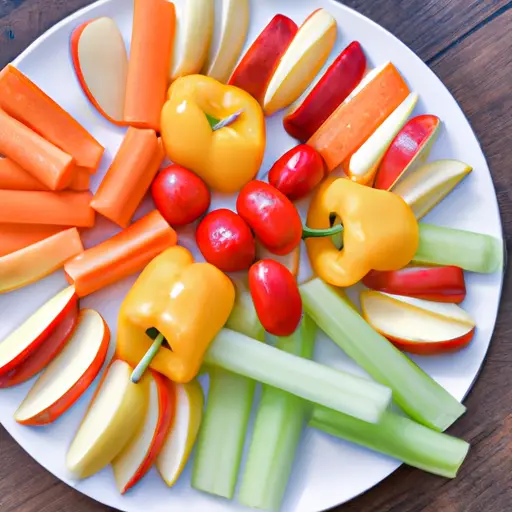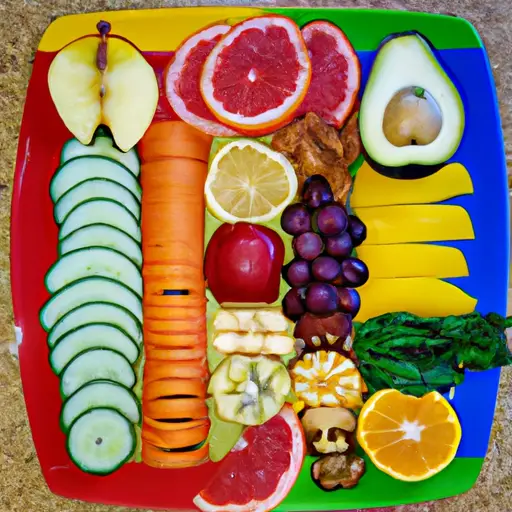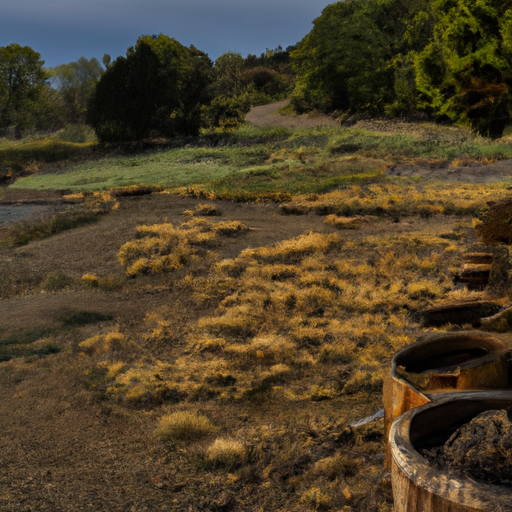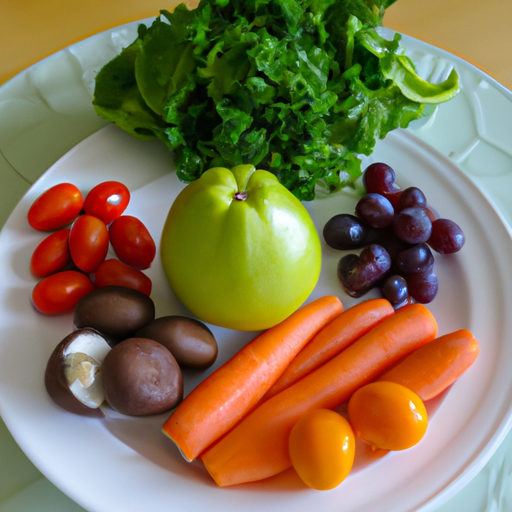The Inflammatory Effects of Dairy
Hey there! Welcome to my blog where we’re diving into the world of inflammation and its connection to dairy. Now, before we get into all the nitty-gritty details, let me give you a quick rundown on what inflammation actually is. Picture this – you stub your toe, and suddenly it swells up, turns red, and throbs like crazy! That, my friend, is inflammation in action. It’s your body’s way of responding to injury or infection, and it usually goes away on its own.
But here’s the thing: dairy can sometimes stir up a whole new level of inflammation in our bodies. I know, it sounds a bit alarming, right? Well, don’t worry, we’re here to break it down for you. So grab a cup of tea, cozy up, and let’s explore the intriguing relationship the creamy good stuff has with inflammation. Oh, and if you want to further explore foods that can cause inflammation, check out this helpful link: The Worst Foods for Inflammation. Trust me, it’s an eye-opener!
Dairy and Inflammation: The Not-So-Friendly Connection
Let’s dive right into it and talk about dairy and inflammation. Now, you might be wondering what on earth dairy has to do with inflammation, but the truth is, it’s more closely related than we might think. I mean, who would have thought that innocent-looking glass of milk or that scoop of ice cream could potentially be causing inflammation in our bodies?
So, here’s the deal: research has shown that dairy products, like milk, cheese, and yogurt, can actually contribute to inflammation in our bodies. Crazy, right? But hey, we gotta face the facts, even when they’re not so pretty.
Now, you might be wondering how dairy can cause inflammation. Well, it all boils down to a little something called lactose and casein. Lactose is the natural sugar found in milk, and unfortunately, some folks have a tough time digesting it. When lactose isn’t fully digested, it can lead to gut inflammation. And we all know that when our gut isn’t happy, we’re not happy!
But wait, there’s more! Casein, a protein found in dairy products, can also trigger an immune response in some individuals. This immune response can lead to inflammation and all the lovely symptoms that come along with it. So, next time you’re enjoying that cheesy pizza or creamy latte, think twice about the potential havoc it could be wreaking on your body.
Benefits of Avoiding Dairy
Let me tell you, avoiding dairy can do wonders for your health! Seriously, cutting out dairy from your diet can lower your risk of inflammation, which is a pretty big deal. Inflammation is when your body responds to injury or infection, but too much of it can lead to some serious health problems. By ditching the dairy, you’re taking a proactive step towards reducing inflammation and keeping your body in tip-top shape.
But wait, there’s more! Not only does giving up dairy help with inflammation, it can also lead to improved overall health. I’m talking about better digestion, clearer skin, and increased energy levels. It’s like a total health makeover! I can say from personal experience that since I stopped consuming dairy products, I’ve felt so much better overall. No more bloating or skin breakouts, and I have way more energy throughout the day. It’s unbelievable what a difference it can make!
Now, you might be thinking, “But what about calcium? Don’t I need dairy for strong bones?” Well, let me tell you, there are plenty of calcium-rich alternatives out there. Plant-based milks, like almond or oat milk, are not only delicious but also packed with calcium. You can also explore other dairy-free options, like soy yogurt or nut-based cheeses. Trust me, you won’t be missing out on any nutrients by avoiding dairy.
So, if you’re looking to improve your health and reduce inflammation, it’s time to give dairy the boot. Your body will thank you, I promise. Plus, with all the tasty alternatives available these days, you won’t even miss it. So go ahead, take the leap and say goodbye to dairy for good!
4. Alternatives to Dairy
Alrighty, folks, here’s the scoop – if you’re looking to kick dairy to the curb but still want some delicious milk options, I’ve got you covered! There are plenty of tasty alternatives out there that won’t leave you missing those dairy-driven delights. Let me spill the beans on some top-notch options.
First up, we’ve got plant-based milks. These bad boys are made from nuts like almonds, cashews, or even coconuts. Not only do they offer a creamy texture, but they also bring a hefty dose of flavor to your cup. Plus, they come in various flavors, so you can find one that tickles your taste buds just right. Whether you’re a fan of almond milk, cashew milk, or coconut milk, there’s a plant-based milk out there for everyone.
But hold your horses, folks, because the dairy-free train doesn’t stop at plant-based milks. Oh no, we’ve got a whole plethora of other options waiting for you. You can hop on the oat milk trend, which offers a smooth and slightly sweet taste that pairs perfectly with your favorite cereal or baked goods. And let’s not forget about rice milk, a classic choice that’s mild in flavor and oh-so-versatile. Or hey, why not give hemp milk a go? It’s rich in omega-3 fatty acids and has a nutty flavor that’ll make your taste buds sing.
Now, you might be thinking, “But what about my beloved cheese?” Well, fret not, my cheese-loving friend. There are tons of dairy-free cheese alternatives out there that taste just as good, if not better, than the real deal! You can find options made from nuts, soy, or even tapioca, and they come in a wide array of flavors, from cheddar to mozzarella to creamy brie. So go ahead, pile that dairy-free cheese high on your next pizza or sandwich – you won’t be missing out.
So there you have it, folks – a wide world of dairy alternatives awaits you. Whether you’re sipping on plant-based milk, spreading dairy-free cheese on your favorite crackers, or exploring other creative options, you’ll find plenty of tasty and satisfying alternatives to satisfy your dairy cravings.
5. Conclusion
All in all, after delving into the world of inflammation and its relationship with dairy, it’s clear that avoiding dairy can have significant benefits. By cutting out dairy from my diet, I can reduce the risk of inflammation and improve my overall health. It’s amazing how such a small change can make a big difference. As they say, “out with the old, in with the new!” This conclusion isn’t just some hocus-pocus, it’s backed by science and experts who know their stuff.

